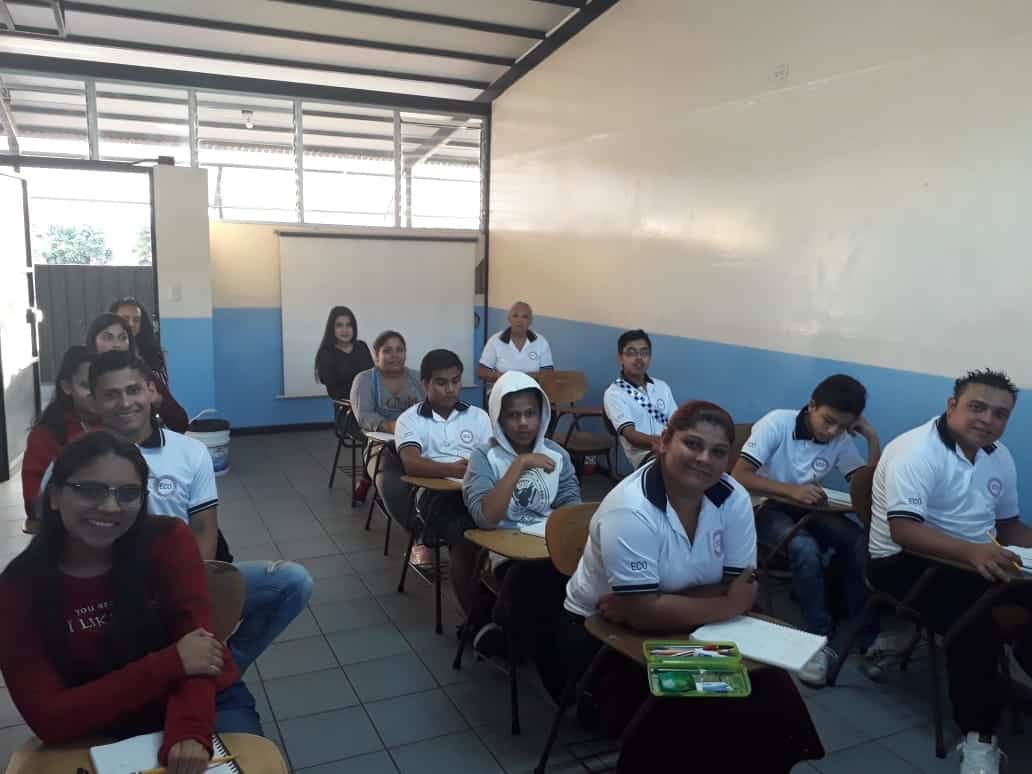Costa Rica has long struggled with a serious education problem. The Ministry of Public Education (MEP) has repeatedly failed to enact the necessary reforms to provide students with access to quality education.
The country’s decline in the PISA international tests in recent years serves as a clear indicator of this educational regression. According to Inger Enkvist, a professor at Lund University in Sweden, this trend suggests that Costa Rica is not on the right path.
Enkvist, who visited Costa Rica last week to address the current situation, highlighted the urgent need for improvement in the public education system.
She also noted that in Sweden, teachers’ unions seldom organize strikes to avoid disrupting students’ education—a contrast to the situation in Costa Rica, where strikes frequently impact students.
The expert also emphasized the importance of consistently evaluating teachers to gauge the knowledge they impart to their students. While acknowledging that student performance is a crucial metric for evaluating teachers, Enkvist stressed the need for additional evaluation methods, considering disparities in learning facilities among different student groups.
“It is essential to assess teachers’ proficiency in their respective subjects. Teachers should enter the profession with a strong foundation and undergo regular updates to maintain their expertise,” Enkvist asserted
Enkvist cited research by Eric Hanushek, a prominent expert in the economics of education, demonstrating that ineffective teaching negatively affects both students’ academic achievement and their future earning potential. Therefore, she argued, testing teachers’ knowledge is justified to ensure educational quality.
Drawing from Sweden’s educational model, Enkvist highlighted the management of public education through state-funded, but not state-run, schools. Unlike in some other countries, vouchers in Sweden do not subsidize “private” education. Enkvist observed that while the voucher system in Sweden has helped maintain an acceptable educational standard, there is room for improvement.
Costa Rica must redirect its education system to provide students with opportunities for future success in the labor market. Education serves as a crucial tool for bridging existing social disparities.






